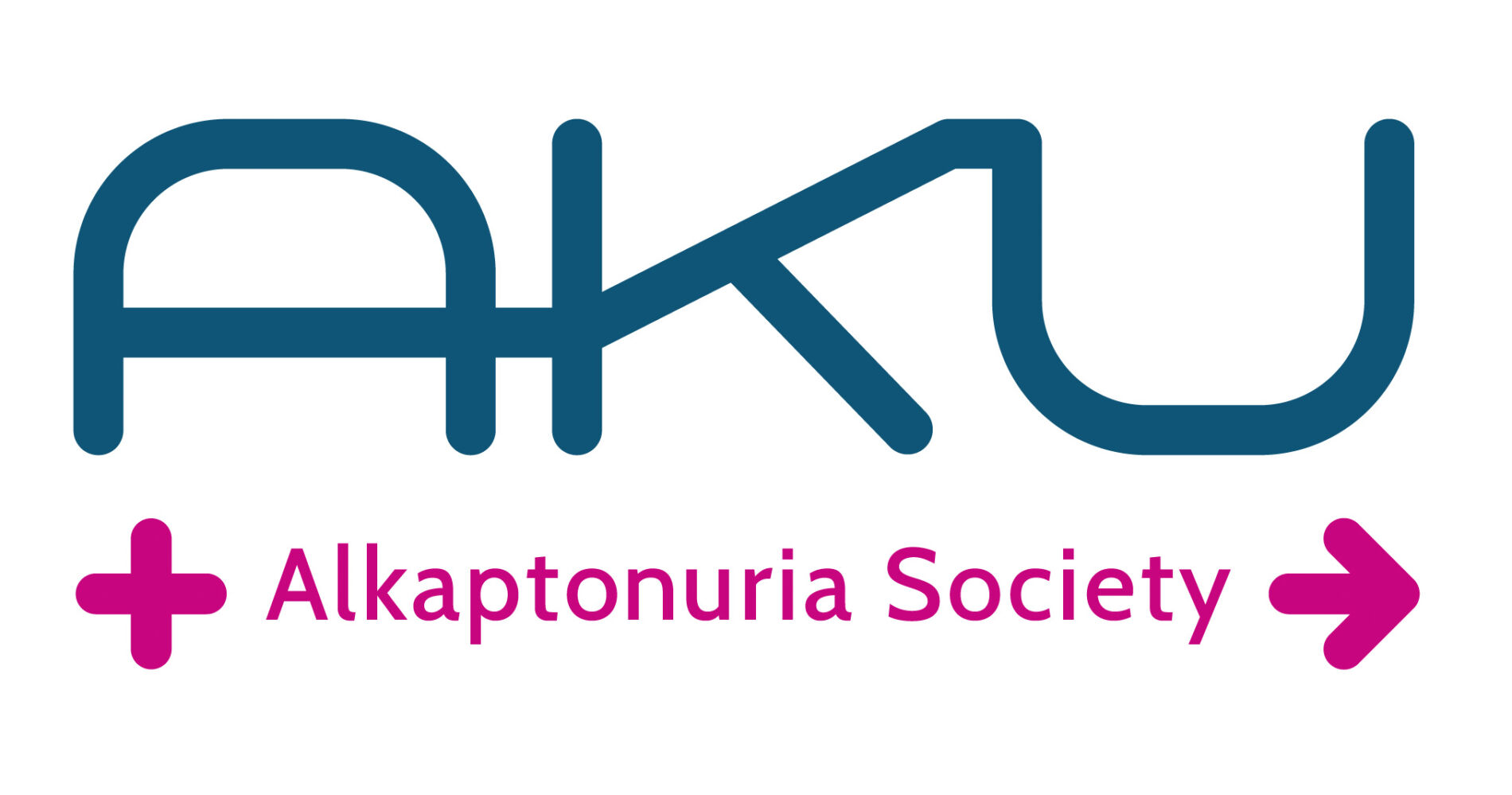
AKU Society
Alkaptonuria, also known as AKU or Black Bone Disease, is an extremely rare genetic condition that stops patients’ bodies from breaking down a chemical called homogentisic acid (HGA). Over time, the build up of HGA can lead to black and brittle bones and cartilage, and early onset osteoarthritis. AKU patients can face a lifetime of chronic pain, joint replacement surgery, and social isolation.
The AKU Society aims to transform the lives of AKU patients; through patient support, community building, and medical research.
A Jeans for Genes grant will help fund the rewriting and redesign of the AKU Society’s website which hosts reliable information on the condition and plays a key role in uniting those living with AKU, reducing the social isolation that patients can experience.
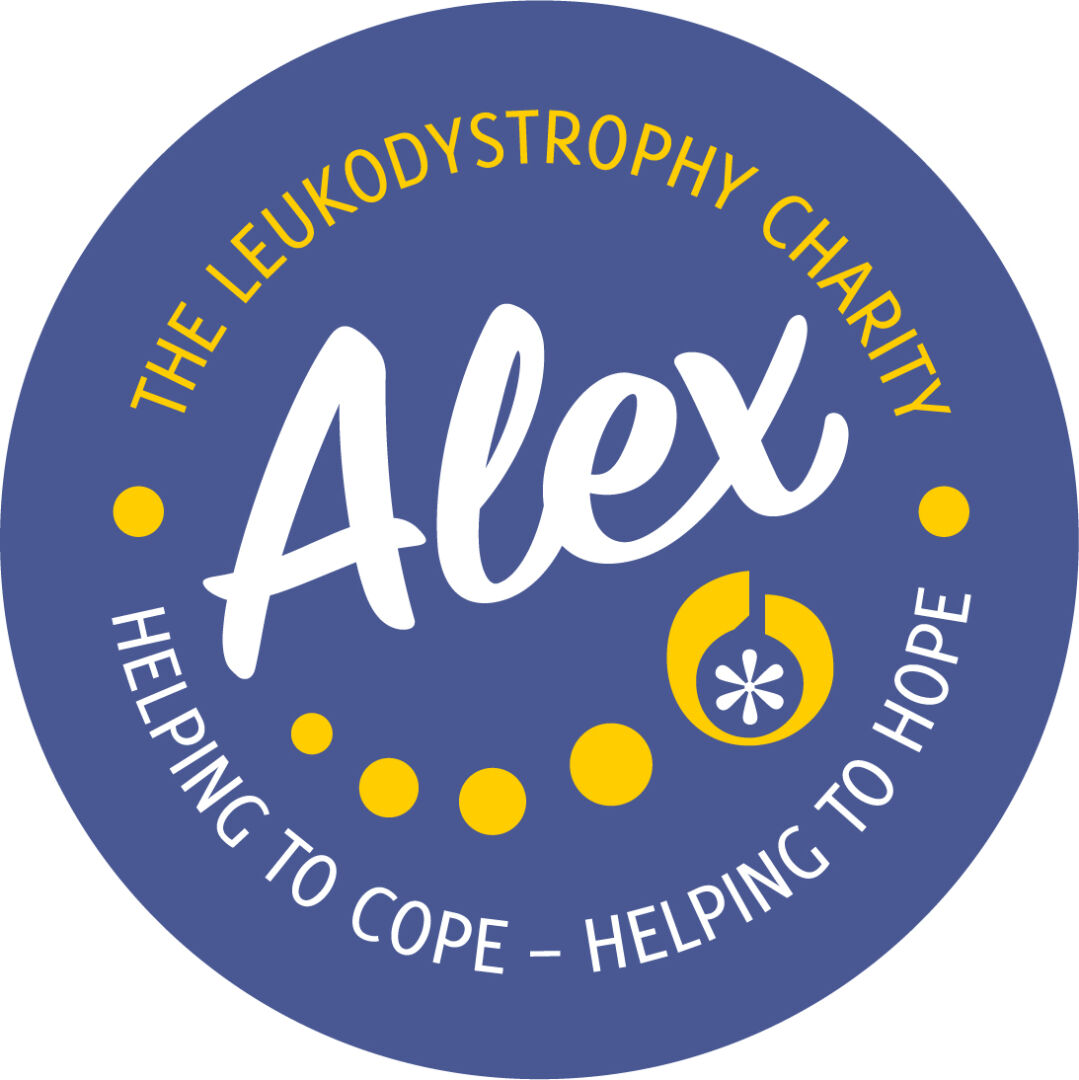
Alex TLC
Leukodystrophies are a group of rare genetic conditions primarily affecting the white matter of the central nervous system. The majority are degenerative and life limiting. Leukodystrophies are often misdiagnosed and are poorly understood within the medical community, rendering adequate care and treatment widely inaccessible. Those affected often feel disempowered and isolated, struggling to cope with their situation and unable to access the help they need
Alex, The Leukodystrophy Charity (Alex TLC) provides invaluable support and information for everyone affected by leukodystrophy and works to improve best practice in prevention, diagnosis and treatment.
Our grant will help fund this year’s Alex TLC Community Weekend which will bring together patients, carers, families, doctors, researchers, scientists, and patient advocates from around the world.
The event gives patients and family members the opportunity to talk openly about leukodystrophy and gives medical professionals the opportunity to hear directly from those affected.
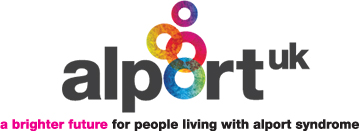
Alport UK
Alport Syndrome (AS) is a rare inherited condition that can cause kidney failure, deafness and eye abnormalities. AS symptoms typically start with hearing loss in childhood, followed by declining kidney function in teenage years. Many patients will need a kidney transplant or dialysis as young adults.
Alport UK is a patient-led organisation dedicated to facilitating a support and information network for all those affected by Alport Syndrome.
A Jeans for Genes grant will fund their new project, Spotlight on Mental Health which aims to improve the understanding of the mental health challenges experienced by young people with Alport Syndrome.

Barth Syndrome UK
Barth syndrome is a rare genetic life-limiting condition that occurs almost exclusively in males. It primarily affects the heart, immune system, muscles, and growth.
Barth Syndrome UK works to support families, fund research and raise awareness of Barth syndrome.
Our grant will fund the creation of a Peer-to-Peer Support Network for Young Adults and Adults with Barth Syndrome.
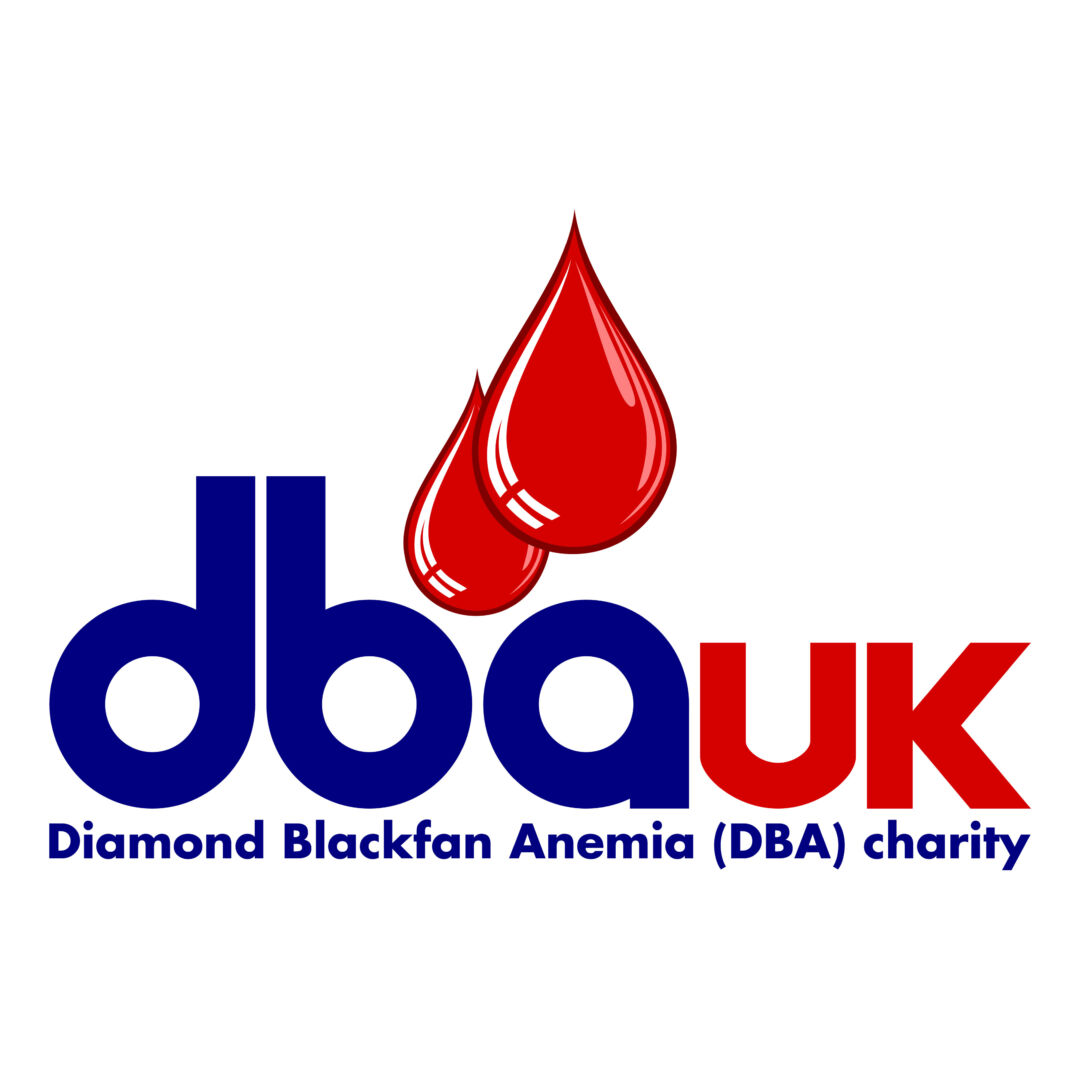
DBA UK
Diamond Blackfan Anaemia (DBA) is a rare genetic blood condition where the bone marrow fails to produce enough red blood cells. DBA UK offers support, research and hope to the DBA community by bringing families together to share their experiences, communicate the latest medical information and raise funds to support those with DBA in the UK.
A Jeans for Genes grant will help fund the creation of information leaflets for newly diagnosed families. It will also enable DBA UK to provide travel grants to families struggling in the recent cost of living crisis – specifically for transportation costs to see the DBA specialist in London or to attend the DBA annual family weekend.
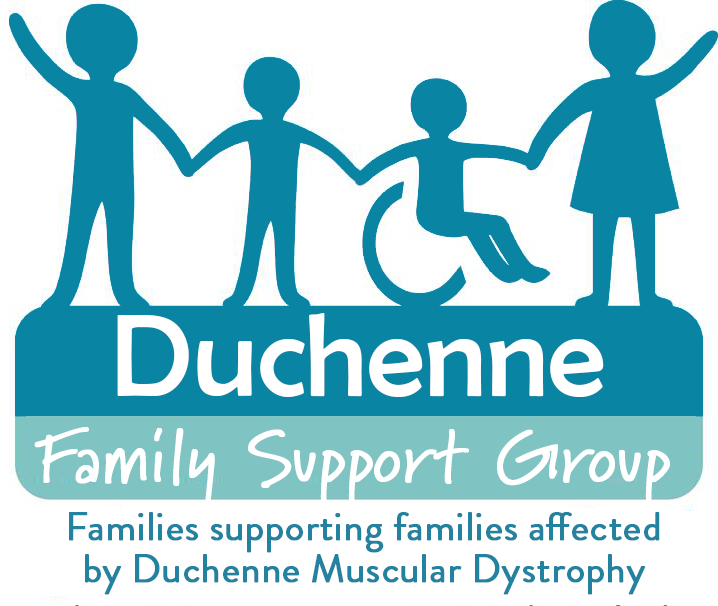
Duchenne Family Support Group
Duchenne Muscular Dystrophy (DMD) is a progressive, muscle wasting, genetic condition affecting mainly boys although a small number of girls also have DMD. It is caused by an error in the gene which creates an important muscle protein called dystrophin. Without dystrophin, muscle cells become weaker and eventually stop working. This means that many parts of the body are affected and the condition is life limiting. The Duchenne Family Support Group brings those affected together for mutual support, information sharing and social activities.
Jeans for Genes has awarded the Duchenne Family Support Group a grant towards their core running costs.
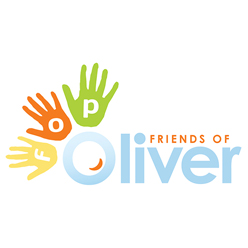
FOP Friends
Fibrodysplasia ossificans progressiva (FOP) is one of the world’s rarest genetic conditions, affecting just one in 2 million people. A child with FOP progressively experiences their muscles, ligaments, tendons and connective tissues turn to bone, and over time their healthy mind becomes locked inside a frozen body. Knocks, bumps and childhood immunisations can trigger bone growth and there is no known treatment or cure.
FOP Friends is the only UK charity to provide support for those living with FOP. They provide practical support and advice to families living with the condition, work to raise awareness of FOP to prevent misdiagnosis and facilitate earlier diagnosis and fundraise to support the research team at the University of Oxford.
This year, a Jeans for Genes grant will fund a pilot project providing a bespoke mental healthcare service to individuals and families living with FOP.
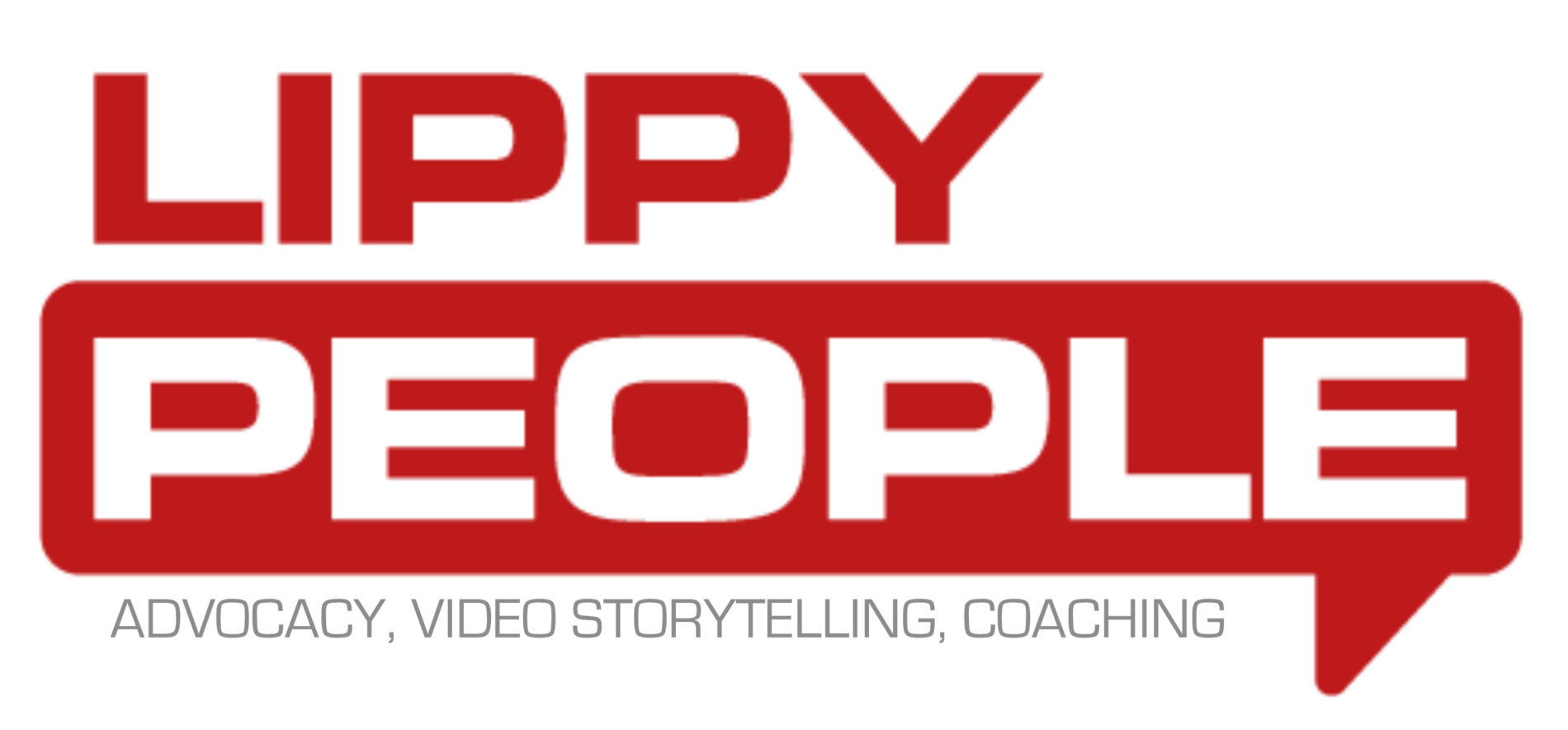
Lippy People
Lippy People is an advocacy charity that uses video storytelling to support people to share their often challenging lived experiences. The charity collaborates with people to identify how they then use these experiences as the foundation for building their skills and resilience to affect positive personal and social change.
A Jeans for Genes grant will help fund ‘Life, Loss, Learning, Legacy (4Ls),’ a coaching and peer-support storytelling project that will use video-storytelling to support young people living with Juvenile Huntington’s Disease to raise awareness of this rare life-limiting condition, and the often hidden stories of the young people and their families whose lives are affected by the condition. The project will provide an opportunity for young adults living with JHD across the UK to connect, explore and creatively reflect on their experiences, achievements and formative life experiences. The video stories will also serve as a lasting legacy before the voice and ability to express themselves through spoken words, deteriorates and eventually becomes lost through the genetic condition.
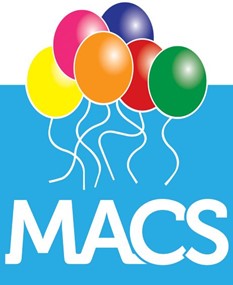
MACS
MACS supports children who are born with no eyes (anophthalmia), small eyes (microphthalmia) or part of their eye structure missing (coloboma). As well as experiencing incurable problems related to lack of sight, children affected by these genetic conditions can also have symptoms related to brain development, such as learning difficulties and behavioural problems.
Our grant will fund a sailing trip for a group of visually impaired children, allowing them to improve their independent living skills, their social interaction skills and their overall confidence and self-esteem. Each child will work towards their Competent Crew Certificate.
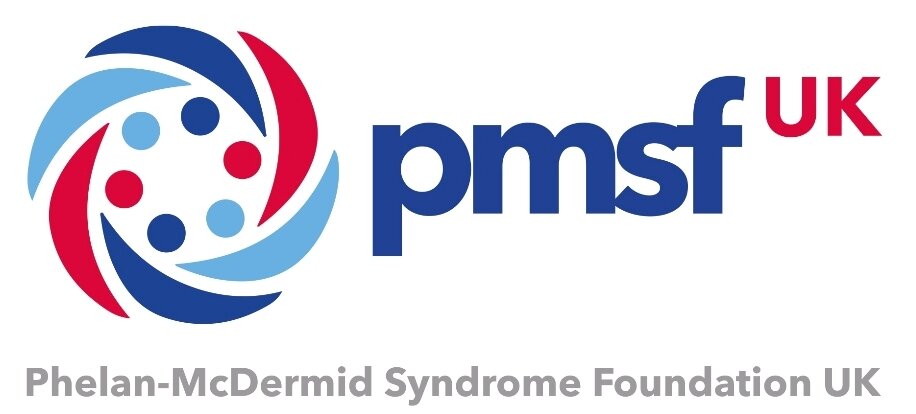
Phelan-McDermid Syndrome Foundation UK
Phelan-McDermid syndrome (PMS) is a genetic condition that affects the transfer of messages within the brain. Most children affected by PMS cannot speak, have autistic-like behaviour and experience low muscle tone, affecting mobility. All people diagnosed with PMS need additional care to support their daily lives.
The Phelan-McDermid Syndrome Foundation UK (PMSF UK) supports affected families and carers of people who have Phelan-McDermid Syndrome in the UK & Ireland by providing family days and get-togethers and support for additional therapies, equipment and sibling support.
A Jeans for Genes grant is funding a series of regional get-togethers for families living with PMS to help them build peer support networks and reduce isolation.
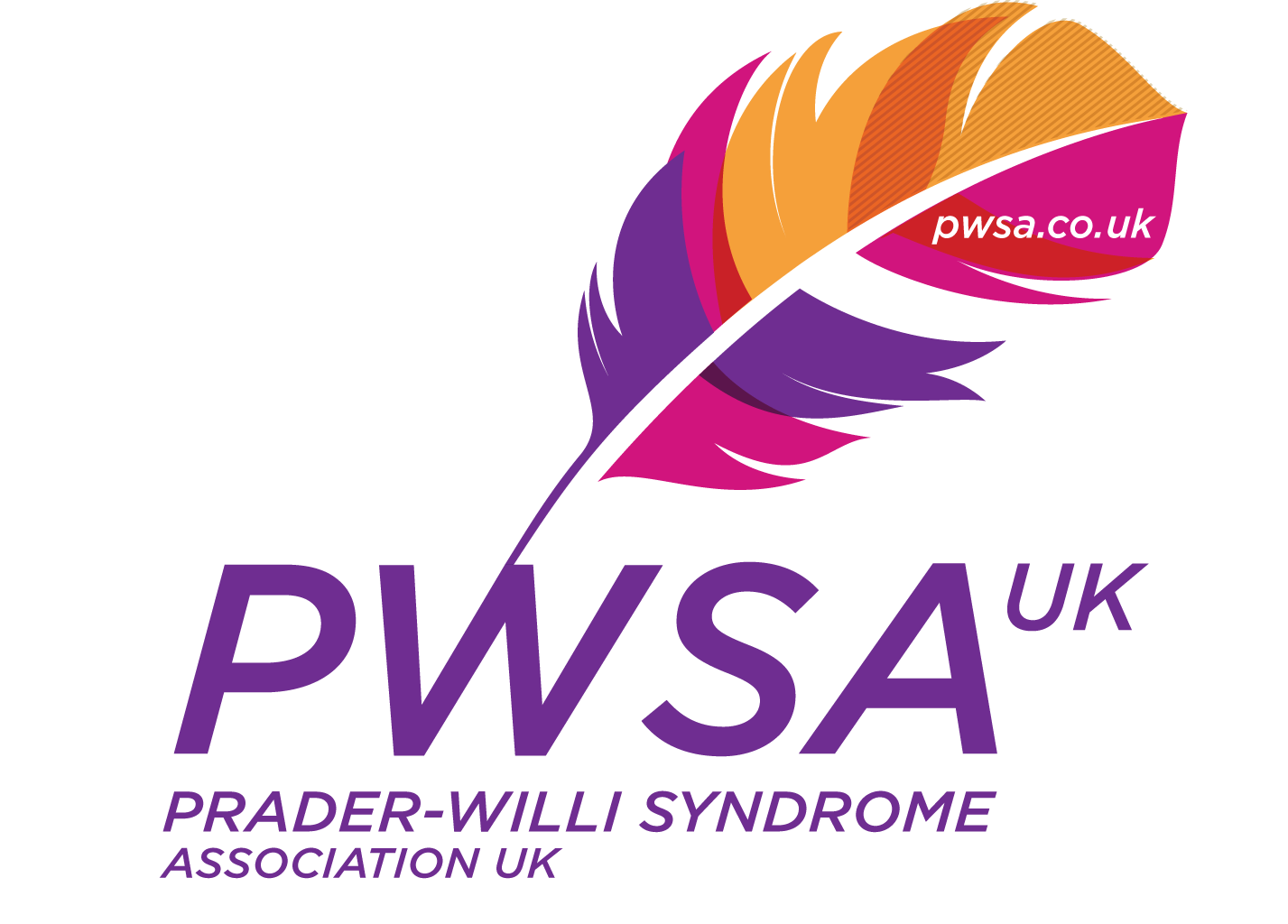
Prader-Willi Syndrome Association UK
Prader-Willi syndrome is a complex genetic condition that affects many parts of the body. Most commonly, children have weak muscle tone, delayed physical and emotional development and a constant and overwhelming feeling of hunger, which if not controlled will lead to chronic overeating and life-threatening obesity.
The Prader-Willi Syndrome Association UK works to ensure that the PWS community has access to high quality care, opportunity and support, and to promote awareness, build knowledge and further research in order to overcome the challenges of PWS.
A Jeans for Genes grant will help fund a specialist worker to support parents of newly diagnosed children.
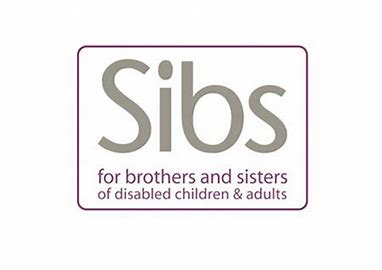
SIBS
Sibs provides support to siblings of children with disabilities and additional needs, including genetic conditions. Sibs estimates that there are 400,000 siblings of children with genetic conditions in the UK. Siblings of children with genetic conditions have a need for information, understanding and support around their brother or sister’s condition.
SIBS hosts a directory of disability and condition information on their website which are researched, written and designed with children in mind. A Jeans for Genes grant will fund the addition of several genetic conditions to this directory including, Cri Du Chat, Turner Syndrome, Achondroplasia, Sickle Cell Anaemia and Usher Syndrome.

Ring 20 Research and Support
Ring chromosome 20 syndrome is a neurological genetic condition that causes epilepsy. Affected children suffer from multiple seizures that are often prolonged and difficult to treat as they are resistant to anti-epileptic drugs. The children also experience learning disability and behavioural difficulties.
Ring 20 Research and Support provides support and information those living with the condition and their families, supports medical professionals in their understanding of r(20) – its diagnosis, prognosis and treatment and supports research into r(20) – its causes and the means to improve the outcomes for those living with the condition.
This year, Jeans for Genes is providing Ring 20 Research and Support with a grant to support their core costs.
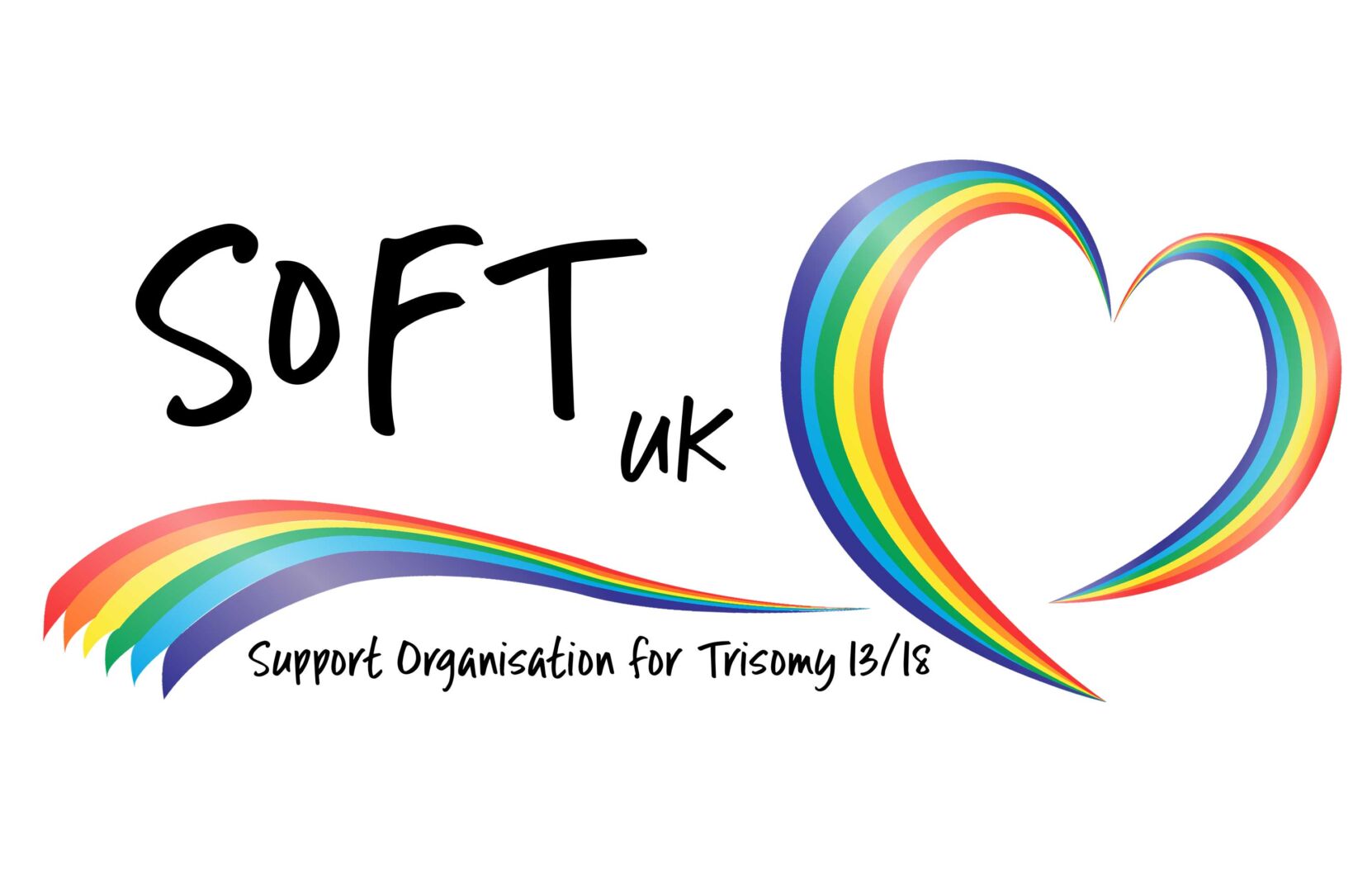
SOFT UK
In the UK around 4 in 10,000 pregnancies are affected by Edwards’ syndrome (Trisomy 18) and 2 in 10,000 pregnancies are affected by Patau’s syndrome (Trisomy 13). Children living with these rare genetic conditions have significant developmental delay and learning difficulties. In addition, many are medically vulnerable and have physical health challenges requiring a high level of specialised care.
SOFT UK offers information and support to families at all stages of their Trisomy journey. Their range of services includes the provision of vital information and resources, a befriending service and regular events to enable families and children affected to come together and gain peer support. They also raise awareness and contribute to the ‘lived experience’ knowledge of healthcare professionals by working with the NHS on various training programmes.
This year, Jeans for Genes is providing SOFT UK with a grant to support their core costs.

The Advocacy for Neuroacanthocytosis Patients
Neuroacanthocytosis refers to a group of very rare genetic conditions that are characterised by misshapen, spiny red blood cells (acanthocytes), movement disorders, progressive cognitive impairment, muscle weakness, seizures and behavioural or personality changes.
The Advocacy for Neuroacanthocytosis Patients assist patients and their families and funds research into diagnostics, therapies and ultimately, a cure.
A Jeans for Genes grant will fund the redesigning and updating of the charity’s website which is a crucial arm in their outreach efforts. The update will make it easier for patients and their caregivers to access information about Neuroacanthocytosis and to engage with other individuals living with the conditions.
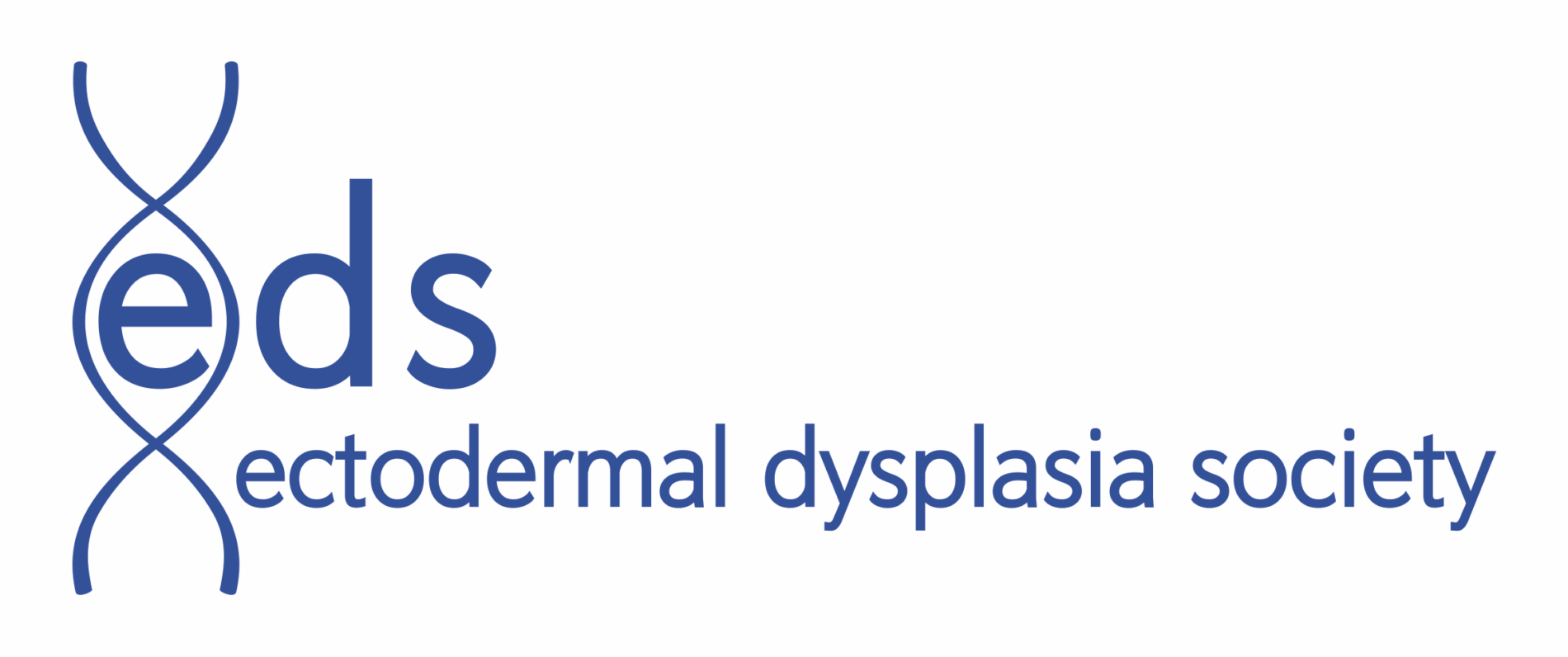
The ED Society
Ectodermal Dysplasia is not a single condition, but a group of closely related genetic conditions known as the Ectodermal Dysplasias that affect the development or function of the teeth, hair, nails and sweat glands. More than 180 different types of Ectodermal Dysplasia have been identified. Depending on the particular type, an Ectodermal Dysplasia can also affect the skin, the eyes or ears, the lining of the airways, the development of fingers and toes, the nerves and other parts of the body.
The Ectodermal Dysplasia Society is a charity dedicated to improving the health and well-being of people whose lives are affected by Ectodermal Dysplasia (ED). The charity works together with people who have ED, their families, researchers, health and other professionals to develop and share expertise, increase awareness and understanding, and assist with the day-to-day management of ED.
This year, Jeans for Genes is providing The ED Society with a grant to support their core costs.
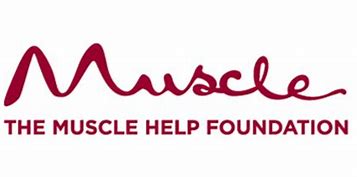
The Muscle Help Foundation
Muscular Dystrophy (MD) refers to a group of genetic conditions that weaken muscles in the human body. MD is characterised by progressive skeletal muscle weakness, defects in muscle proteins and the death of muscle cells and tissue. Most conditions are progressive but the prognosis differs according to the type and progression of the disorder. Some cases may be mild and progress slowly over a normal lifespan. Others produce severe muscle weakness, functional disability, and loss of the ability to move parts of the body.
The Muscle Help Foundation works to help fulfil the cherished dreams and aspirations of children and young people (8-28yrs) living with Muscular Dystrophy (MD).
This year, Jeans for Genes is providing The Muscle Help Foundation with a grant to support their core costs.

The Sandcastle Trust
The Sandcastle Trust is a small charity that walks alongside families living with a rare genetic condition to help build lasting positive family memories, strengthen family relationships and improve emotional wellbeing and resilience. They do this through their four Sandcastle Support Programmes: Sandcastle Memories, Sandcastle Smiles, Sandcastle Connections and their Sandcastle Support Hub.
Through this unique service offering, consisting of bespoke family respite, wrap around fun family engagement activities and peer support, they are able to support families living with a rare genetic condition based on their individual needs from across the UK.
This year, Jeans for Genes is providing The Sandcastle Trust with a grant to support their core costs.
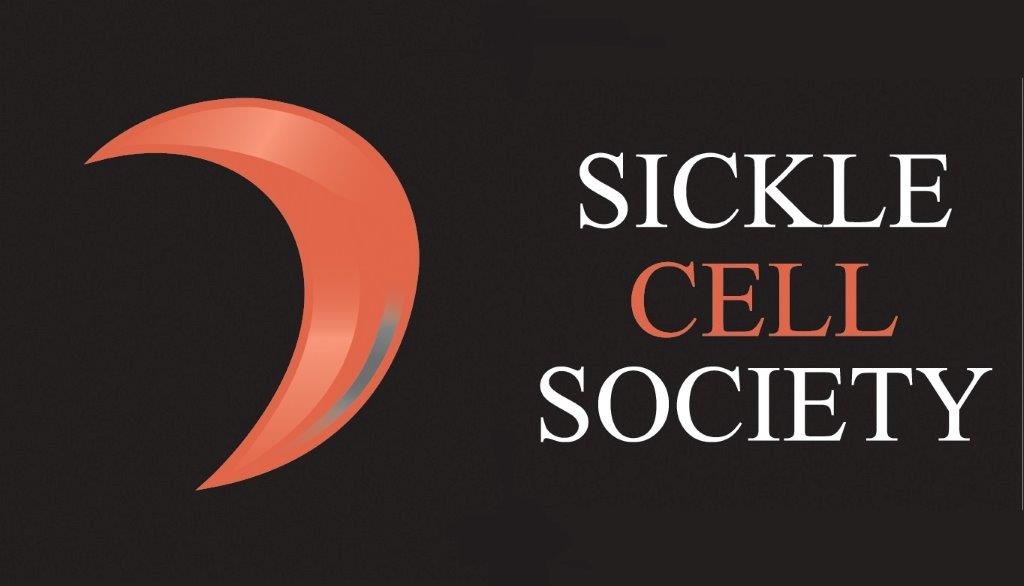
The Sickle Cell Society
Sickle Cell Disorder (SCD) is the most common genetic condition in the UK and affects over 15,000 children and adults. It is an inherited condition which affects people of all ages. This painful condition changes the form of normally healthy red blood cells into a ‘sickle’ shape, making it difficult for cells to move freely through the body or carry enough oxygen. As such, SCD can cause severe pain, chronic fatigue, strokes and even early mortality. It also has a severe impact on people’s mental health.
The Sickle Cell Society supports those living with Sickle Cell Disorder, empowering them to achieve their full potential. They support adults, children, young people and their families to help them understand and manage the challenges the condition causes.
A Jeans for Genes grant will help fund The Sickle Cell Society’s volunteer programme.
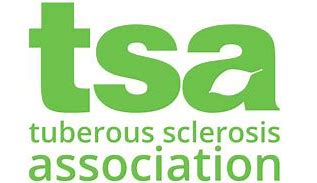
The Tuberous Sclerosis Association (TSA)
Children with Tuberous Sclerosis Complex (TSC) can develop growths (in their brain, heart, eyes, kidneys, lungs or skin), renal problems, severe learning difficulties, epilepsy and behavioural difficulties.
The Tuberous Sclerosis Association provides education and information on the condition, supports individuals affected, together with their families or carers and encourages research into the causes and management of TSC.
The charity’s Big Day event brings together people affected by TSC from all over UK to attend talks on a range of topics focused on TSC and to make new friends.
A Jeans for Genes grant is helping to fund a specialist creche facility at the event for children with TSC, many of whom require round the clock care due to the severity of their physical or learning difficulties. This will enable their parents to make full use of event activities, enjoy respite on the day and make connections with other parents.

Usher Kids
Usher Syndrome is a rare genetic condition which affects hearing, vision and balance. Children with Usher syndrome are born with a level of hearing loss and subsequently diagnosed with a progressive vision loss condition called Retinitis Pigmentosa. The condition progresses through adolescence and adulthood, and can result in severe or total vision loss. There is no cure, and very little specialist support which addresses the impact of multiple and progressive sensory loss.
Usher Kids UK provides information, support, connections and advocacy from diagnosis onwards. Usher Kids act as a conduit between their community of families and the professionals supporting them, as well as researchers seeking input from them to inform their research design and delivery.
Our grant will fund a project to improve the information and support pathway available to families affected by Usher Syndrome from the point of diagnosis onwards.
